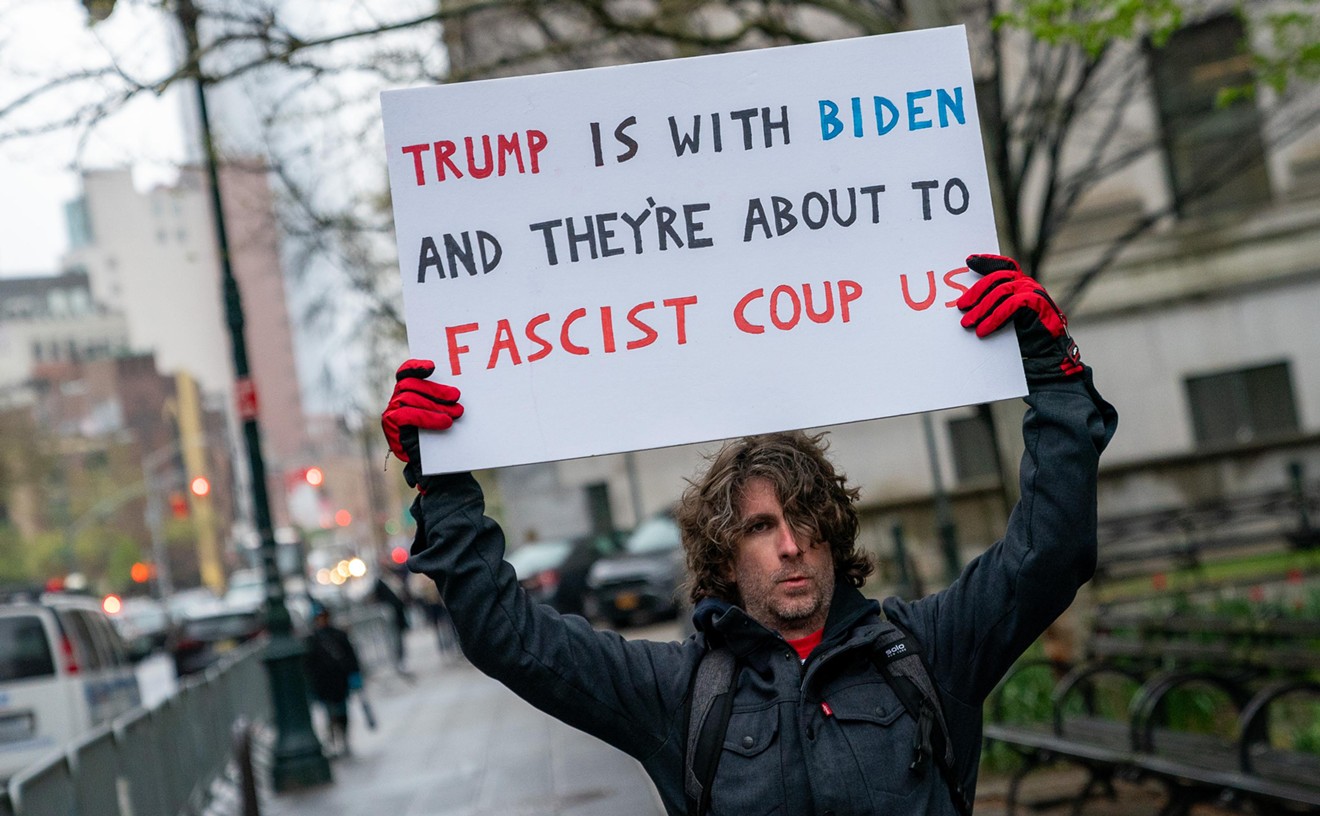A new bill sponsored by state Rep. Frank Artiles, a Miami Republican, would eliminate a county's power to decide how it fills certain offices and would bring back the position of Miami-Dade sheriff, according to the Florida Bulldog.
The Florida Constitution requires each county to elect a county sheriff, property appraiser, supervisor of elections, tax collector, and clerk of circuit courts. However, the constitution also allowed individual counties to change the way those positions (or equivalent positions) are filled either by special vote or in the county charter.
Just eight
County voters eliminated the position of sheriff in 1966 after years of abuse and corruption in the office. That same year, T.A. Buchanan would be indicted on charges that he protected racketeers in Miami Beach and allowed prostitution to thrive in the county in exchange for bribes. (Incidentally, Buchanan would die ten years later after being hit by a car on Thanksgiving. The incident was dubbed an accident by police, but family members have since uncovered evidence contradicting the official narrative and believe Buchanan may have been murdered. What else would you expect of Miami's sordid history?)
Some critics charge that the plan is merely meant to provide more opportunities for members of the Florida Legislature to seek other elected office once they hit their term limit. Artiles tells the Bulldog that he thinks that claim is laughable and that the plan would give people accountability over their local government.
The bill has already sailed through the Local Government Affairs Subcommittee of the state House, where it passed 11-0. A Senate version is also on committee's calendars.
However, because the bill necessitates a change to the state constitution, it has a long way to go before being adopted. Three-fifths of both houses must pass the bill. Then the issue would come up before voters across the state (despite the fact that positions in only eight counties would be affected). At least 60 percent of voters must vote yes.
Naturally, Miami-Dade County is leading the charge against the bill.
If the bill passes, Miami-Dade would need to either put the positions up for election in 2018 or pass another set of local referendums to keep things the way they are.
Local elections in Miami-Dade are notorious for poor turnout. Less than 33 percent of voters actually voted in the ru-off election for property appraiser in 2014 (the election was held at the same time as the election for governor). Only 12.2 percent bothered to vote in the first round of voting.
The bill would not affect city governments or the police chiefs of various city-level departments.











